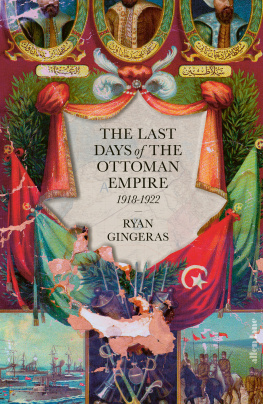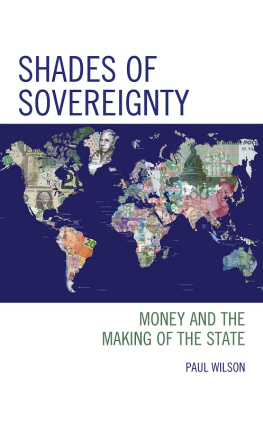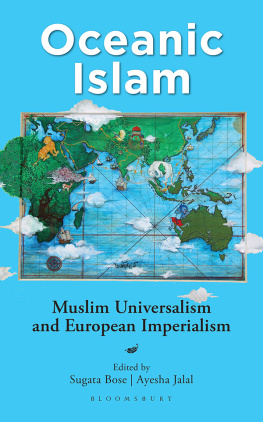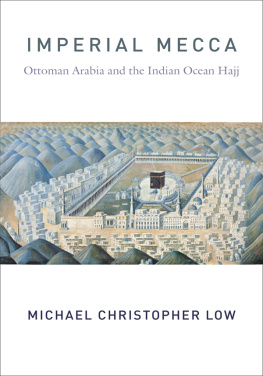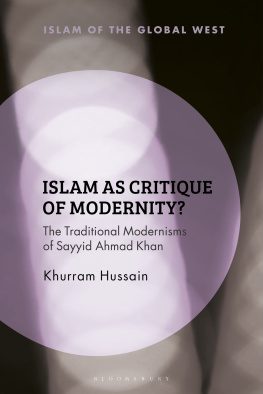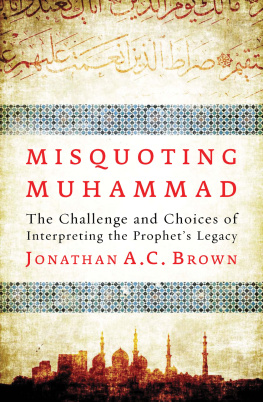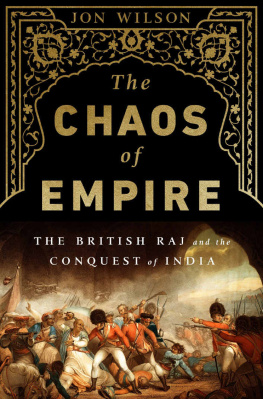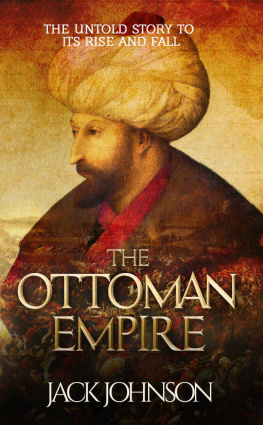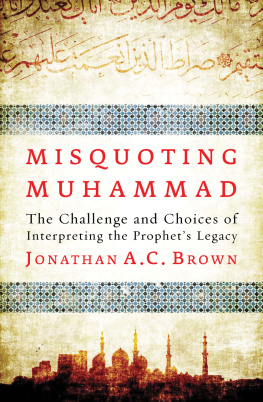FOR GOD OR EMPIRE
Sayyid Fadl and the Indian Ocean World
Wilson Chacko Jacob
Stanford University Press
Stanford, California
STANFORD UNIVERSITY PRESS
Stanford, California
2019 by the Board of Trustees of the Leland Stanford Junior University.
All rights reserved.
No part of this book may be reproduced or transmitted in any form or by any means, electronic or mechanical, including photocopying and recording, or in any information storage or retrieval system without the prior written permission of Stanford University Press.
A generous grant from the Shastri Indo-Canadian Institute has aided the publication of this book.
Printed in the United States of America on acid-free, archival-quality paper
Library of Congress Cataloging-in-Publication Data
Names: Jacob, Wilson Chacko, 1972 author.
Title: For God or empire : Sayyid Fadl and the Indian Ocean world / Wilson Chacko Jacob.
Description: Stanford, California : Stanford University Press, 2019. | Includes bibliographical references and index.
Identifiers: LCCN 2018053007 | ISBN 9780804793186 (cloth : alk. paper) | ISBN 9781503609631 (pbk. : alk. paper)
Subjects: LCSH: Fal ibn Alawi, Amir of afar, 18251900. | SufisIndiaMalabarBiography. | MoplahsIndiaMalabarBiography. | Political activistsIndiaMalabarBiography. | SovereigntyReligious aspectsIslam. | Islam and politicsIndian Ocean RegionHistory. | TurkeyHistoryOttoman Empire, 12881918. | IndiaHistoryBritish occupation, 17651947.
Classification: LCC BP80.F245 J33 2019 | DDC 297.4092 [B]dc23
LC record available at https://lccn.loc.gov/2018053007
ISBN 978-1-5036-0964-8 (electronic)
Cover design by Susan Zucker
Typeset by Kevin Barrett Kane in 10/14 Minion Pro
To my parents, Aleyamma Jacob and Kochuputhen Jacob, again.
For a life I cannot repay in words or even deeds.
Contents
Illustrations
FIGURES
Preface
The original idea for this book, conceived over a decade ago as an even larger research project, was to bring the figures of the sayyid and the futuwwa into the same analytical frame. I wanted to know whether they could be regarded as loci of embodied sovereignty, and if so, what were its terms and how did they changeor notwith the emergence of the modern state in its imperial and national guises. After ending my first book on the question of the futuwwa as repressed other, in a narrative centered on the quintessential modernist subject of Egyptian history, the effendi, it seemed I had to follow the thread that I had just begun to weave into something whose final shape remained unclear. The last chapter of Working Out Egypt raised the specter of the futuwwa transformed, from a classical Islamic model of masculinity into an antimodern savage, as a problem of effendi masculinity rather than a subject in its own right.
The new project was born in the wake of the 9/11 attacks on the US; I was perplexed by the new dispensation that seemed to follow, in which old laws of war and the principle of sovereignty, among others, seemed on the verge of being overwritten. In September 2001, I was in Egypt for research away from my then home of New York Citya home transformed by the time I returned a year later to be greeted by armed National Guardsmen at my neighborhood subway station. My research seeking to reimagine nationalism in terms of masculinity was suddenly rendered somewhat strange in a present that was witnessing the In the face of these global developments, the nation-state for which I had mapped what I thought was an alternative history underwent its own transmutations.
In the years that followed, the prospects of researching the futuwwa and the sayyid began to seem overly daunting, however pressing the retrieval of their histories seemed. Blessed with a two-year sabbatical, I sat once again in a sunny yet now sad postrevolutionary Cairo in the spring of 2014, having forlornly reached a decision to abandon the futuwwa, and I began to prepare an initial draft of For God or Empire focusing exclusively on the sufi-sayyid as a specific formation of power and occasionally sovereignty. Though my inquiry into the transformation of futuwwa into fitiwwa/baltagi, or thuggish outlaw, was sidelined, I had plenty to deal with in the story of one particular ocean-hopping sayyid, Fadl Ibn Alawi, as sovereign, outlaw, and window onto a particular conception of life. Actually, the insight that a historical life might reveal something about a unity of life that was not historical per se only came later, after the incident.
The writing was going quite well; the sources were rich. Then I experienced what might be described unexaggeratedly as a run-in with the return of the repressed. The futuwwa, or fitiwwa as Egyptians would say, seemed to leap out at me as if from the pages of a Naguib Mahfouz story (or a forsaken history, perhaps), and into real life. One evening, as the sun began to set, a band of four men pierced my self-satisfied writing bubble and merrily made off with my treasures: most preciously, my computerand the backup drive. There is no silver lining where there is no cloud. As I struggled to recoup what had been lost and to start writing again about sovereignty, the law, and its frontiers, the terrible encounter with present-day fitiwwat/baltagiyya haunted the new process.
The men who came that night claimed to be Egyptian state security, though their rapid flashing of IDs and subsequent words and actions quickly cast doubt on their claim. I recall feeling comparatively relieved when I concluded they were modern-day bandits and not agents of the state. It cant be known
Ironically, my early research was guided by the theoretical insight that the existence of a zone of indistinction at the heart of modern sovereignty between law and outlaw (life as other, naked) was constitutive and that as long as sovereignty remained meaningful for conceptualizing order, there was always already a state of exception. This seemed especially true when politics was thought historically and theoretically as developing not along a straight line in terms of interest and right but in a field of power that targeted the preservation, regulation, and improvement of life, which increasingly seemed to justify declarations of emergency. In the latter conception, of biopolitics, lifes inclusion into sovereignty as a biological form and object of governmental ministrations was also its exclusion. This inclusive exclusion made life both manageable and disposable. A paradox perhaps, but also an irony?
I say irony because I realized after my face-to-face encounter with the exception that was the norm that such philosophically clever accounts of sovereignty could not account for the power of futuwwa or sayyid. In other words, ironically, I did not suddenly wish to appeal to state legitimacy as an antidote to the chaotic and dangerous forces swirling about me in local and global spheres of life. Surely the modern Egyptian state, like other states in the Middle East and across the Indian Ocean world, already fit the terms of sovereignty as put forward by Schmitt and elaborated by Agamben and others. Many of these polities inherited a state of exception from their prior histories as colonies, protectorates, mandates, or otherwise controlled political communities with very minor projects of liberal institution building in some. Thus, what better example of the topological figure of homo sacer or the camp than entire populations existing in a precarious relation to sovereignty, that is, their abandonment by state and their simultaneous inclusion in machineries of state violence?
Hence, who would seek more of the state? Likely, the majority of peopleparticularly when transnational terrorist groups threaten social peace and political stability in spectacular fashion, causing the exercise of state security to begin to appear more innocuous. The modern states sovereignty in various
Next page

